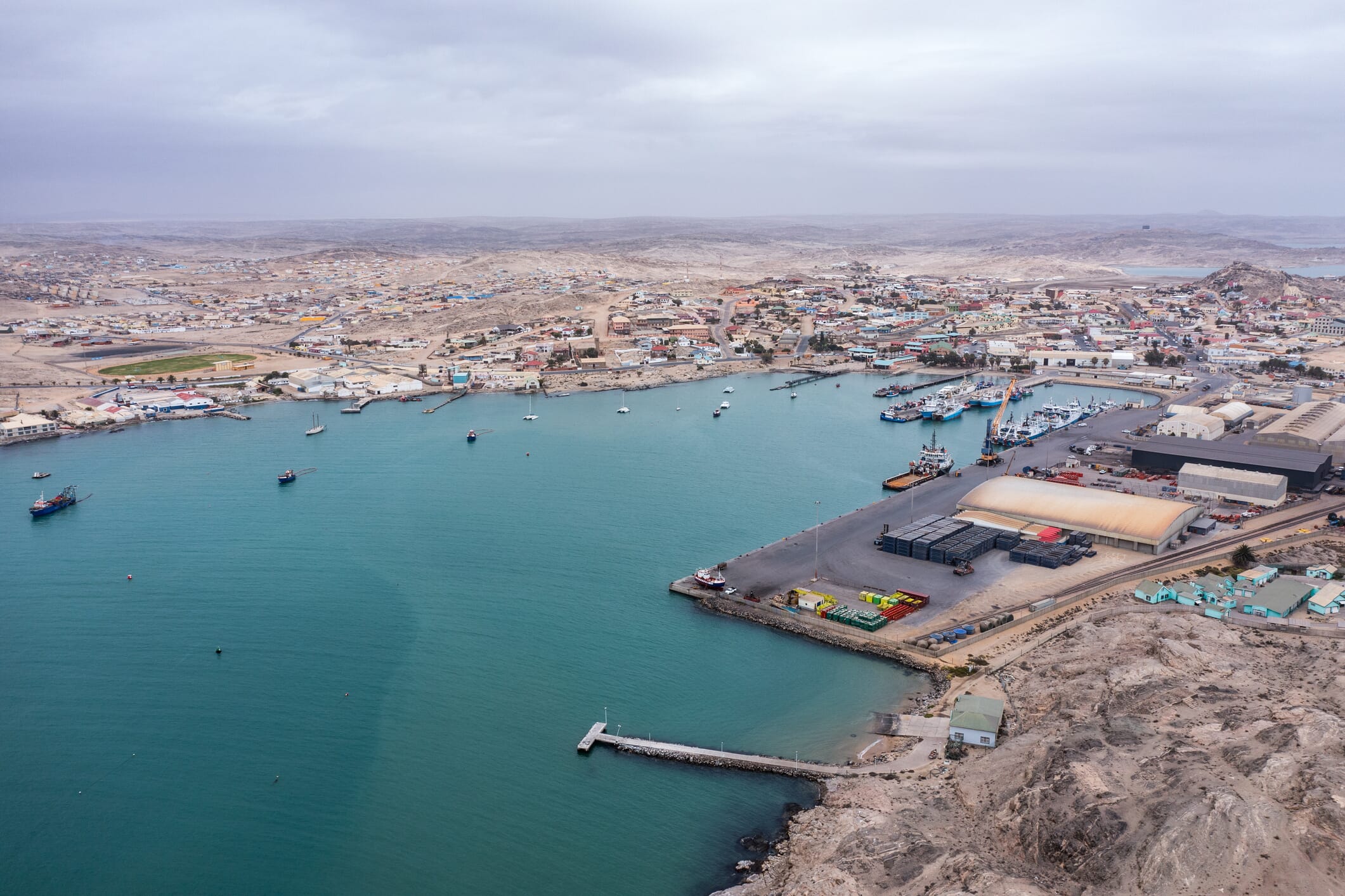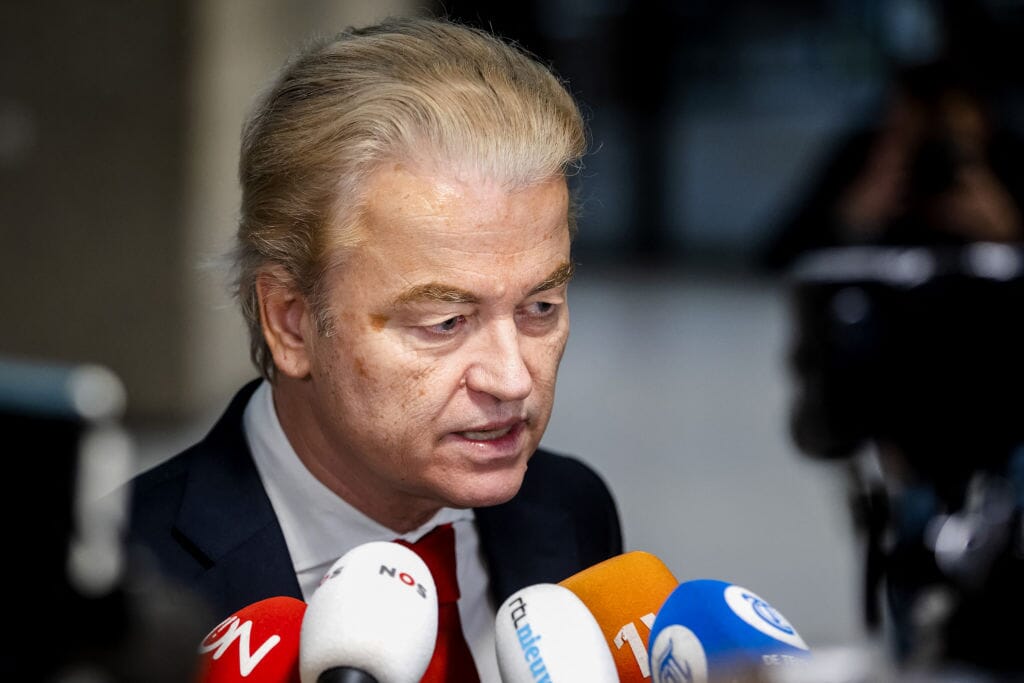News
Election Advisory Series | Senegal

In the second edition of our Election Advisory series, Kento Kobayashi, an associate in our Africa team discusses emerging risks, challenges and opportunities with the recent elections in Senegal.
Thanks for joining us. Can you provide some background on the recent election in Senegal?
Kento: Sure, Bassirou Diomaye Faye officially took office as Senegal’s 5th and youngest president after winning 54.3 percent of the popular vote.
Before we get into the context, It’s important to acknowledge the elections as a win for Senegal’s democratic institutions. The lead-up to the elections was dominated by accusations that Sall was attempting to manipulate them by delaying the timing of the elections several times only to be met with pushback by the Constitutional Court of Senegal. This in turn sparked a series of violent protests in Senegal’s capital, which added to the uncertainty.
But, it’s important to remember that when President Sall came to power in 2012 his victory was also heralded as a democratic breakthrough.
Let’s turn our attention back to Faye though and discuss what we know about his policies to this point. The election comes after back-to-back Macky Sall terms beginning in 2012. Looking broadly, Diomaye Faye’s election comes at a bit of a crossroads for Senegal.
Senegal was once, and still is by some, considered to be the next ‘big-thing’ in the energy industry after significant oil and gas discoveries of 1 billion barrels of oil and 40,000 billion cubic feet were made between 2014 and 2017. This subsequently led to the investment of industry majors into the country and the development of oil fields off the country’s shore.
However, the country’s social and political policies have prevented it from capitalising upon said discoveries. Despite these discoveries and the economic potential they represent, a 2023 World Bank report estimates that approximately a third of the population are considered to be in poverty and food insecurity in the country continues to rise.
Nonetheless, major projects including the development of Grand-Tortue Ahmeyim, a LNG terminal joint venture BP; PETROSEN, Senegal’s state-owned oil and gas company; and other investors represent credible signals of the economy’s potential as an FDI-destination.
So within this uncertain economic environment, the country chose Bassirou Diomaye Faye as its new president – can you tell us a bit about his background and what appealed to voters?
Kento: Faye, at 44 years old, is certainly an interesting personality. He began his career as a tax inspector at the Directorate General of Taxes and Domains, Senegal’s tax department, where he met and befriended soon-to-be opposition leader Ousmane Sonko. Reflecting his politics, the two are said to have played pivotal roles in forming a labour union.
Faye is a founding member of Pastef, a left-wing populist Senegalese opposition party founded by Sonko in 2014. He quickly rose through the ranks of the party, being appointed as its secretary general in 2021. However, several months after his appointment as security general the party was disbanded by the Ministry of Interior and Public Security for allegedly inciting insurrection in the country. Despite its dissolution, the organisation has continued as a movement and then again as a coalition named, ‘La Coalition Diomaye Président’ just in time for the election itself.
But perhaps, most fascinatingly, is that he probably was never meant to be on the ballot in the first place. What I mean by that is Faye’s candidacy was nothing more than a contingency plan for Pastef leadership in case its leader and former presidential candidate Ousmane Sonko was unable to run. This eventuality was triggered in January 2024, following Senegal’s constitutional court confirming Sonko’s exclusion from the race following his conviction of defamation charges.
Adding to this, Faye was also serving a prison sentence alongside Sonko immediately preceding the elections. He was arrested in April 2023 for allegedly undermining Senegalese state security through a spate of charges including spreading false news and contempt of a court (over a Facebook post he published). He and Sonko were only released about 10 days before the elections took place, following a last-minute amnesty deal that was struck between Sall and Faye’s opposition coalition.
What does a Faye presidency mean for foreign investors? What has he pledged to do so far?
Kento: When it comes to foreign investors, one of the key things to mention is that perhaps it is too early to be definitive about this, but we can go off some of the signals and references Faye has made during his election campaign and the first few days of his presidency.
A good way to organise this is by discussing; things he is looking to revise, things he is looking to introduce and the general limitations around his policies.
In terms of things he is looking to revise, most critically is that he is looking to audit the contracts for oil gas projects that are stuck between the Sall administration and foreign energy companies. Senegal obviously has been a particularly exciting destination, it was considered to be the next big thing in the energy industry after significant oil and gas discoveries were made of approximately 1 billion barrels of oil and 40,000 cubic feet of gas between 2014 and 2017. This led to the mage of industry majors into the country and the development of oil fields off the country shore. One of the key things for investors to consider is what an audit might look like and what it might mean. Another pledge that he’s looking to revise is fishing agreements between Senegal and foreign bodies such as the European Union and more radically to leave the CFA Franc – Senegal’s current currency.
In terms of things that he’s looking to introduce, Diomaye Faye has committed to increasing investment into agriculture. He’s also looking to crack down on corruption by drawing on his roots and backgrounds as a tax inspector in his early life. And finally has really looked to reiterate his openness to international trade.
Diomaye Faye still considers investors to play a huge role within the Senegalese economy. That said, it’s important to note that there’s always a bit of a gap between what is promised especially within such early days and on the electoral campaign trail, and what is, or can be delivered. For Faye specifically, this largely has to do with the limits of Presidential Power in Senegal.
As it currently stands, his Coalition doesn’t have a majority within the National Assembly. In fact, Sall’s Coalition United and Hope still retains that power. So as much as Faye doesn’t necessarily represent the candidate for policy continuation, any significant policy moves that he may or may not want to pursue will be watered down by the fact that he’ll need to engage in some pretty serious Coalition building.
Likely candidates of what a coalition could look like would include for example teaming up with the Coalition that’s currently run by former president Adboulaye Wade who’s a much more moderate political official in the country. Timing is another thing and this kind of plays a bit more into just the general economic context of Senegal today. Despite the fact that there’s been so much buzz around the Senegalese economy.
Diomaye Faye still has to confront some pretty stark realities and is even addressing within his own campaign. So for example a 2023 World Bank report estimates that approximately a third of the population is still considered to be in poverty and food insecurity continues to rise in the country. So that gap between say the buzz that it’s getting about its economic prospects and the daily hardships that Senegalese citizens are facing, means that Diomaye Faye might be on a bit of a short leash, especially from a timing perspective if voters don’t notice a difference in their living conditions sooner than later so this will be another key factor he will need to contend with in the early stages of his presidency.
What comes next?
Kento: There are definitely a few things my team and I will be keeping a close eye on over the next few months. We are monitoring the ministers Faye has selected as he continues to build out his government in key positions and using the reputations and track records of these ministers to better understand the direction of travel of his presidency.
So what does this mean for investors? It means that engaging in stakeholder mapping exercises could be particularly beneficial as the political landscape in Senegal, especially within the confines of government, continues to evolve.
We’ll continue to keep a close eye on the Senegalese political climate and remain on call for our clients to help them make sense of the environment within the context of their business operations in the country.
Photo by JOHN WESSELS/AFP via Getty Images
Newsletter signup

Intelligence delivered ingeniously
Helping key decision makers, make the right commercial decisions

